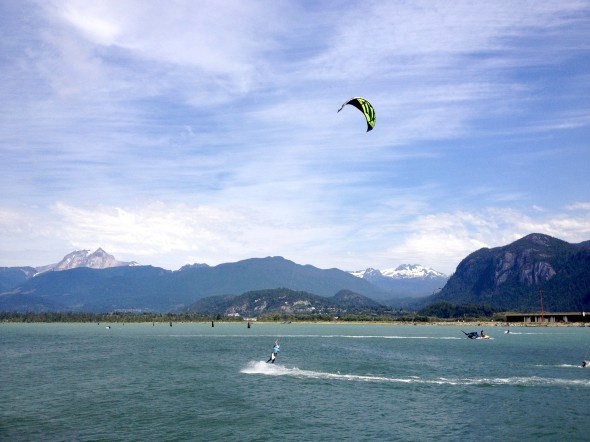I was pleased to read the article in last week’s 麻豆社国产 [“What is happening next at the 麻豆社国产Spit?” published Sept. 22]regarding the ongoing rehabilitation of the Estuary.
The restoration of our natural environment is essential to our long-term survival on this planet, and the efforts underway to restore the ecological carrying capacity of the Estuary are a wonder to behold. Over the years, we’ve witnessed the transformation of the dredge spoils and the old log sort from industrial wasteland to productive tidal marsh. We owe a debt to the dedicated professionals and the many passionate volunteers in our community who’ve led these initiatives.
On the other hand, I was dismayed by the lack of any mention in the article regarding the impact of the removal of the Spit on the wind sport community and of any efforts to mitigate those impacts. I’m not a windsurfer or a kiteboarder, but I do know that the Spit is (or should I say ‘was’) a world-famous locale offering not only consistent winds and an excellent launch environment but also a truly unique location for holding spectator-friendly events, one of its most standout features. The Spit has seen numerous national and international competitions drawing athletes from around the world. Various members of Canada’s Olympic team train at the Spit. The is an 800-member strong organization and, in my view, an integral and essential part of our community.
I’ve also been told that the proposed wind sport beach currently under development at the (Nexen Beach), though providing an adequate launch site, pales in comparison to the much more favourable conditions at the Spit. Furthermore, the recent regulatory approval of Harbour Air’s float plane service out of 麻豆社国产Harbour (the Blind Channel) would seem to be incompatible with wind sport enthusiasts sailing out of the Oceanfront. I guess we will just have to assume that this perceived conflict was taken into consideration.
I know that over the years, the Windsports Society has made numerous proposals to work in concert with the efforts to restore the Estuary. Of course, solutions are complex, most likely expensive, with competing interests and jurisdictions, but this didn’t have to be the win-lose outcome that now seems inevitable.
In my opinion, the primary responsibility for this avoidable and regrettable outcome lies with mayor and council.
The lack of leadership in this regard is disheartening.
Jim Harvey
Squamish



